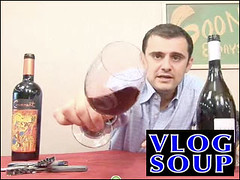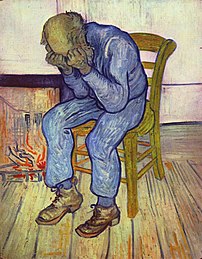Treating cancer should be a last resort for society
Mark Twain
Sensible advice indeed, but how many Americans actually follow that wise and sage advice? As the baby boomer population ages, health and wealth become issues very much to the fore. The burden on society to pay for years of poor choices and idle, corpulent lifestyles will be significant. There is still time to act, but the task will be very much like turning a huge battleship in a narrow river; tricky and fraught with challenges.
It's always interesting reading about those in Asian, Indian or African countries moving to the West and learning that their children develop diseases more typically associated with the new land – cardiovascular, obesity, autoimmune and cancer in particular. Can we learn something from this?
It tells us that the Western lifestyle, exercise, diet and stress all play a part in contributing to the widespread problem, but for all the education and information out there, nothing really changes. The number of people it affects is actually quite small in reality.
Plus ça chânge, plus de la même chose.
If you look at poorer countries, the incidence of breast, lung prostate and colorectal cancers are all lower compared to the West. Cervical cancer is much higher, but now that a vaccine is available, we may one day see the gradual eradication of HPV in populations where it is a major issue. There are no vaccines for poor lifestyle choices though.
The solution? Well, I don't have any grand ideas or suggestions for broad Government schemes that will duly flop through lack of impact.
Instead, I'm taking personal responsibility for my own health and lifestyle and getting my emotional wealth and sanity back. Yup, I bought a new pair of running shoes this week, time to get out on my bike and get some exercise. I don't smoke, drink in moderation but have got lazy running my own small business and it's time to get back my health through sensible exercise.
A.J. Reb Materi
Think about it – prevention is better than cure.
For most cancers there is no cure unless it is detected early enough and surgery is a viable option. By the time someone is diagnosed with stage IV cancer, the prospects will be pretty bleak. Not all cancers are lifestyle related, you can get mutations through hereditary means and genetic changes through natural aging. There is no doubt that eating and drinking less, exercising more, and not smoking will probably help you in the long run. Life is too short to spend it being ill or unwell.
Your health is your responsibility – time, once used, is gone for ever.
![Reblog this post [with Zemanta]](http://img.zemanta.com/reblog_e.png?x-id=23e84876-a8c7-44f7-b899-39beca4bcfda)

![Reblog this post [with Zemanta]](http://img.zemanta.com/reblog_e.png?x-id=73c6772a-5bb0-4a81-8879-17d4995beafe)
![Reblog this post [with Zemanta]](http://img.zemanta.com/reblog_e.png?x-id=96b5d86c-c2a5-41c0-a225-93d47808ed38)
![Reblog this post [with Zemanta]](http://img.zemanta.com/reblog_e.png?x-id=12264406-499b-4248-84b9-a8739f540fc9)

![Reblog this post [with Zemanta]](http://img.zemanta.com/reblog_e.png?x-id=37c6a06e-ce71-47b3-8bad-5bffac641fe9)
![Reblog this post [with Zemanta]](http://img.zemanta.com/reblog_e.png?x-id=6737f67a-d2e5-48eb-a70e-0382891da8af)